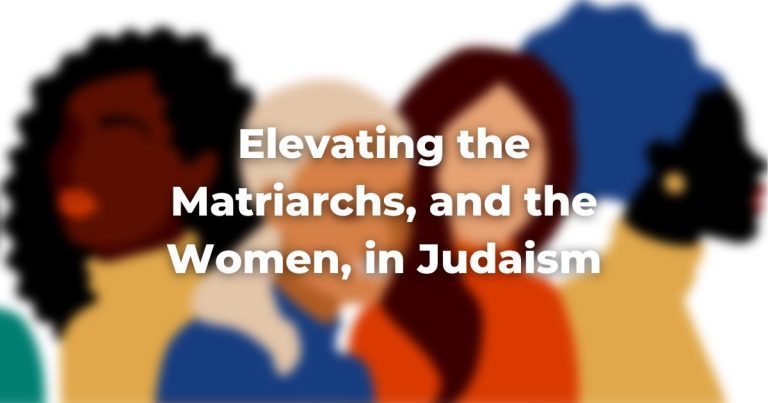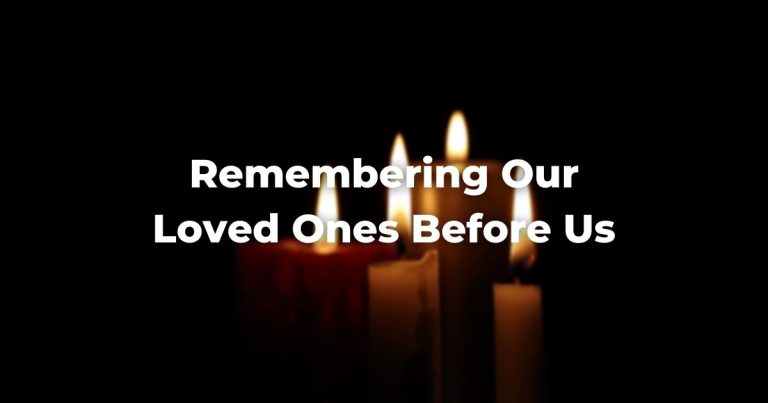The TorahRefers to the first five books of the Hebrew Bible, the Tanakh, also called the Five Books of Moses, Pentateuch or the Hebrew equivalent, Humash. This is also called the Written Torah. The term may also refer to teachings that expound on Jewish tradition. Read more notes in the first chapter of the Book of Genesis that God created the world through the medium of speech (i.e., by speaking aloud the words “Let there be light!” as related at Genesis 1:1).
According to the traditional interpretation, the lesson embedded in the narrative is not solely that words are possessed of a kind of lasting creative power that belies their ephemeral nature, but also that the ability to use words creatively and profoundly is an essential and definitional aspect of God’s unique nature.
It is thus of surpassing importance that Scripture, when turning to the story of the divine creation of humanity, features God as deciding to create that first, uniquely human, being “in the form of God” (Genesis 1:27) specifically by endowing it with that specifically unique feature of divinity, the power of speech.
This divine decision heralds the later notion that the intended role of humankind is to serve as God’s partners in the world.
We human beings have thus been given the divine power of speech in order to enable our participation in the ongoing work of sustaining God’s creation.
The nature of what we create, of course, depends upon how we use our speech.
Speech can be used actually to further the work of creation, as suggested by the narrative in the second chapter of Genesis where Adam gives names to all of the animals.
Alternatively, it can be used to undo the work of creation, as in the third chapter of Genesis where the serpent—a beast, to be sure, but one playing an almost human role in this particular story—uses speech to entice Eve to eat the forbidden fruit, which seductive act leads directly to her and Adam’s expulsion from the Garden of Eden.
The ability to speak thus carries with it a great responsibility.
In the TalmudReferring to one of two collections, the Jerusalem and Babylonian Talmuds, edited in the 6th century, that contains hundreds of years of commentary, discussion, and exploration of the ideas in the Mishnah. One could describe it as Mishnah + Gemara = Talmud Read more, Rabbi Joseph ben Zimra is heard to teach that this is precisely why God encased our tongue behind the fortified double wall of our teeth and lips: to serve as a physical reminder both of the divine power of speech and also of the need to wield that power responsibly (BT Arakhin 15b).
As the Book of Proverbs says, “Death and life are in the power of the tongue” (Proverbs 18:21).
Because of the potentially damaging power of speech, the Torah contains considerable legislation defining the parameters of proper speech.
These laws, many of them very well known even in general circles, include the specific prohibitions against cursing a parent (Exodus 21:17), against lying in general (Exodus 23:7), against perjuring oneself by lying in court (Exodus 20:13 and Deuteronomy 5:17), against making false oaths (Leviticus 19:12), and against cursing God (Leviticus 24:15).
But the verse that becomes the most generative in terms of the halakhah of defamatory speech is the important piece of legislation found at Leviticus 19:16:
“Do not go out as a rakhil among your people, nor may you stand upon the blood of another; I am the Eternal.”
Clearly, the verse turns on the precise definition of the word rakhil, which has traditionally been taken to refer specifically to someone who talks about other people or who freely recounts what other people have done or said.
Ibn Ezra, writing in his famous commentary ad locum, notes that the word rakhil is related to the word rokheil (“merchant”) and explains that “just as the merchant buys from this one and sells to that one, so too a rakhil tells this one what he heard from that one.”
The fact that the Torah formally and categorically prohibits one from being a rakhil obviously implies that such behavior is negative; however, it does not say why exactly this is so.
As a result, the second half of the verse, obscurely forbidding one Israelite from “standing upon the blood” of another, has traditionally been taken by some commentators to imply that talebearing is prohibited specifically because of its enormous potential to cause actual (as opposed to theoretical) harm to others.
See in this regard, for example, the commentary of Joseph Bekhor Shor to Leviticus 19:16 and also the early rabbinic minor tractate Derekh Eretz Rabbah, ch. 11; cf. also Mishneh Torah, Human Dispositions 7:1.
The idea is that the reference to the “blood” of the victim, presumably the gossiped-about party, implies that talebearing risks leading not just to hurt feelings or public embarrassment, but actually to violence, perhaps even to death.
Whether this is meant as hyperbole or not is unclear, but certainly the use of this kind of language is meant to highlight the severity of the prohibition.
In addition to the prohibition found in the Book of Leviticus, there are two narratives in the Book of Numbers which serve to reinforce the notion that talking about other people, or recounting what other people have done or said, carries with it the potential to cause great harm, even death.
The first narrative is found at the beginning of Numbers 12:
Miriam and Aaron spoke against Moses because of the Cushite woman whom he had married; for he had married a Cushite woman. And they said, “Has the Eternal indeed spoken only through Moses? Has God not spoken also through us?” (Numbers 12:1–2)
As a result of talking about Moses in this way, Miriam is stricken by God with a skin disease so horrible that she appears “as one who is dead.”
The second narrative appears in Numbers 13. As the chapter ends, the scouts that Moses had sent to investigate the land of Canaan return and report to the people what they saw:
They maligned the land which they had explored to the Israelites saying, “It is a land that devours its inhabitants; all the people whom we saw there were men of great size” (Numbers 13:32).
In light of the scouts talking in this negative, defamatory way about the Land and its people, the Israelites become reluctant even to attempt to conquer the land.
And then, as a result of their reluctance, God decrees death on that entire generation and delays the conquest of Canaan for forty years, the time deemed necessary for a new generation to come of age.
Rashi’s Commentary
Interestingly, Rashi, in his commentary to Leviticus 19:16, s.v. lo teileikh rakhil, connects the word rakhil to the word m’raggeil (“spy”) because it is the way of gossip-mongers to spy on their friends so that they can later share publicly “whatever bad thing they happened to see or hear.”
Such a description seems to fit well the scouts in the story in Numbers 13, who seem not only willing but actually eager to report on all the negative things they saw in the land, an insight not made any less relevant by the fact that the verb used with respect to the scouts’ mission as described in Numbers is not actually l’raggeil at all, but a different verb, la-tur. (The more relevant point is that the spies are invariably referred to as m’ragg’lim in rabbinic literature.)
Both the law of Leviticus 19:16 and the two narratives in Numbers impart the same idea: that when we talk about other people, including when we recount accurately what they do or what they say, there concomitantly comes into existence the possibility for doing harm—either to ourselves or to others, or to both ourselves and to others.
And the fact that, in all three instances, the harm is equated with death is a crucial point to take to heart regardless of whether the word “death” in this context is understood literally to denote physical demise or metaphorically to reference spiritual ruin.
This reflects an understanding of the immense power of speech and its ability to destroy creation.
Indeed, if speech is a divine tool of creation that God used to give life to the universe, then it only makes sense to posit that its misuse would result in the destruction of life, the undoing of creation.
This understanding was not lost on the rabbis of the Talmud, who taught that, indeed, talking about other people has the potential to kill … and not only to kill one person, but three: the person who talks, the person who listens, and the person about whom the gossip is being spread (BT Arakhin 15b, and cf. also the minor tractate Derekh Eretz Rabbah, ch. 11).
Adapted with permission from The Observant Life.
Author
-

The Observant Life: The Wisdom of Conservative Judaism for Contemporary Jews distills a century of thoughtful inquiry into the most profound of all Jewish questions: how to suffuse life with timeless values, how to remain loyal to the covenant that binds the Jewish people and the God of Israel, and how to embrace the law while retaining an abiding sense of fidelity to one’s own moral path in life. Written in a multiplicity of voices inspired by a common vision, the authors of The Observant Life explain what it means in the ultimate sense to live a Jewish life, and to live it honestly, morally, and purposefully. The work is a comprehensive guide to life in the 21st Century. Chapters on Jewish rituals including prayer, holiday, life cycle events and Jewish ethics such as citizenship, slander, taxes, wills, the courts, the work place and so much more.
View all posts






